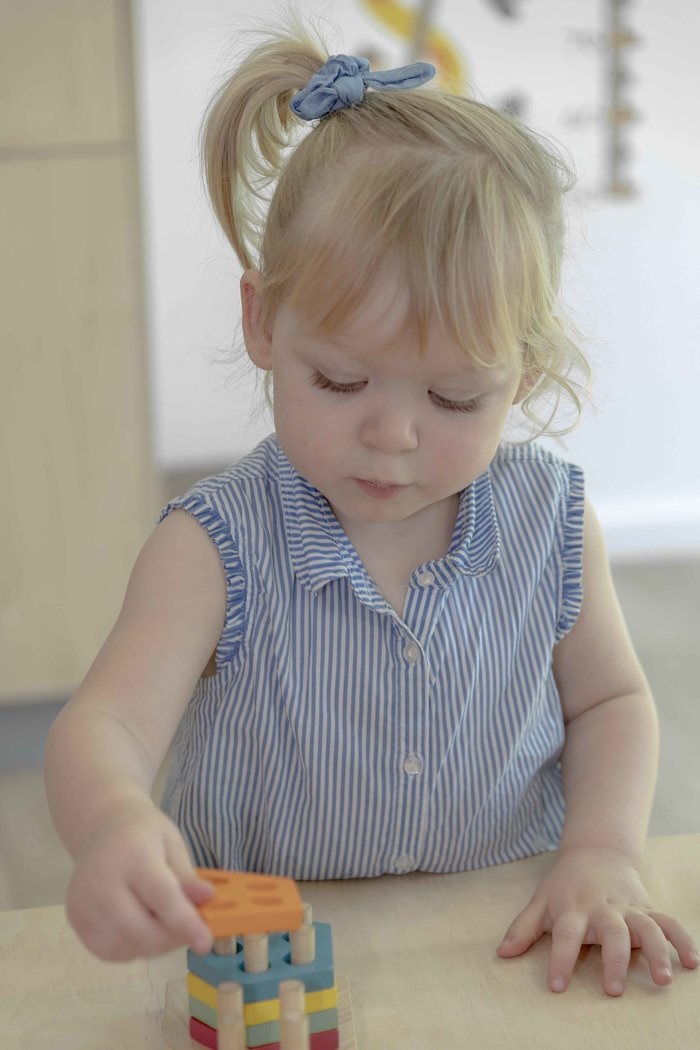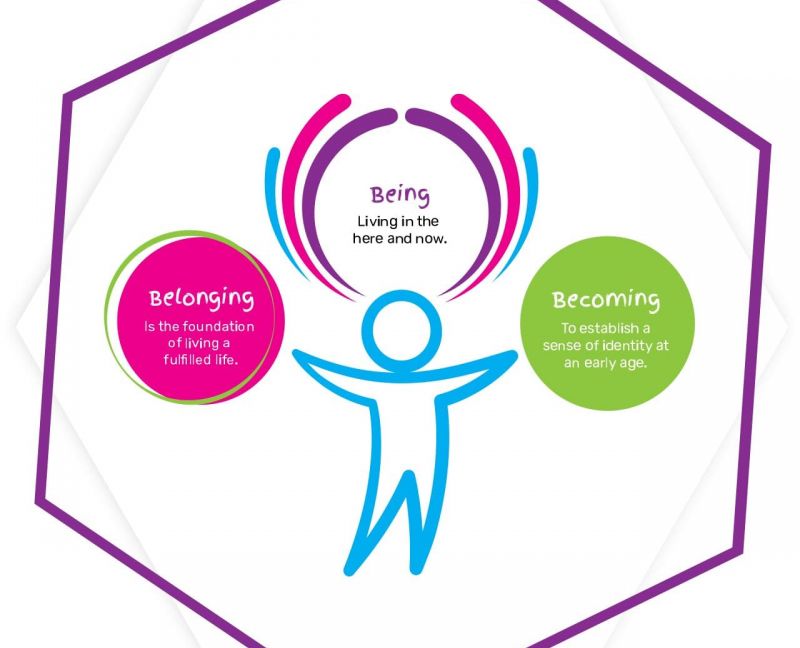
Curriculum
Go Kindy highly value children and believe the formative years of childhood should be a period in each child’s life where they are encouraged to investigate and explore their surroundings through a stimulating and enjoyable environment.
Each child should experience success, be empowered in confidence and become a learner through engaging in as many experiences as possible. The Go Kindy Team have created learning programs to compliment your child’s growth and ensure they will have every opportunity to reach their full potential. All children are unique and special and at Go Kindy we deem children learn best from engaging.
Download HandbookGo Me
Go Me supports the Early Years Learning Framework’s (EYLF) view of children’s lives as characterised in Belonging, Being and Becoming.
Belonging
The bases for living a fullfed life, everybody needs to have a sense of where and whom they belong. At Go Kindy Early Education Centres we strive to develop positive relationships with children, families and educators to develop a strong sense of belonging within our services. We recognise children belong to diverse families, neighbourhoods and communities.
Being
Being recognises the significance of the present as well as the past in children’s lives. Childhood is a precious time where children need environments and opportunities to just ‘BE’. A time to explore, investigate, discover and create. At Go Kindy Early Education Centres we constantly strive to empower children through their play to develop a strong sense of being within our services.
Becoming
Is about the learning and development that young children experience and how our educators work in partnership with families to enhance and guide children to their full potential. Go Kindy recognise children’s identify, knowledge and disposition within a learning environment. At Go Kindy Early Education Centres, we strive to support and guide children’s learning and development through collaborative partnerships focused on quality outcomes for all children, enabling a strong sense of becoming within our services.
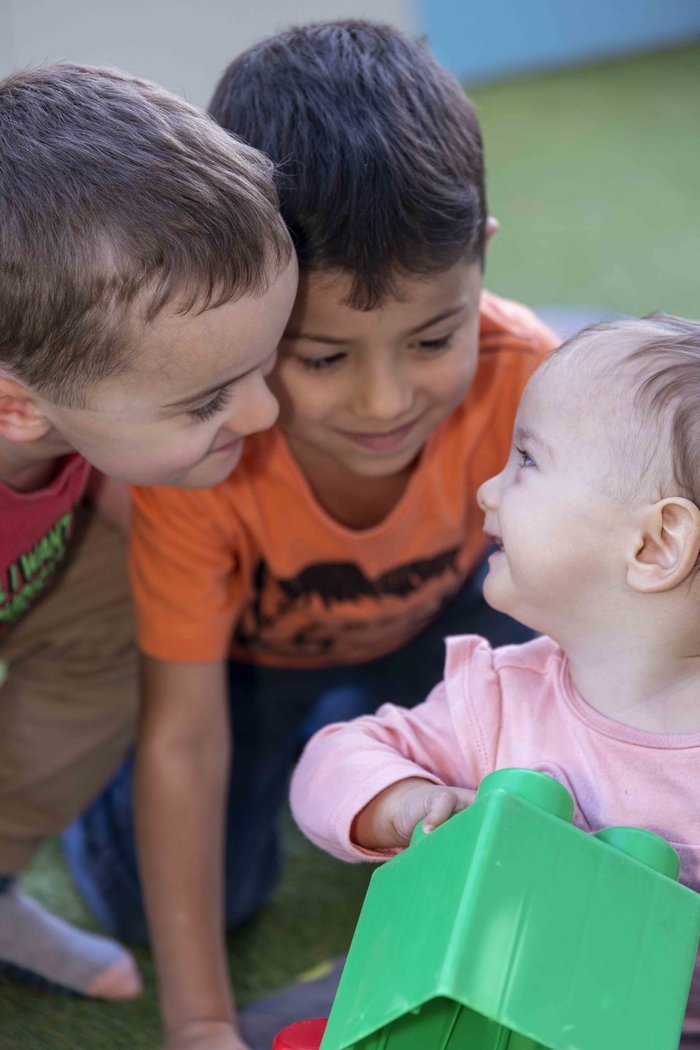
Go Active
Go Active is a program designed by Go Kindy Early Education Centres to promote and encourgae an active lifestyle for children.
The Go Active program focuses on developing children’s skills in 3 key areas:
Physical Skills:
- Providing the opportunity to develop fundamental movement skills
- Improving balance, coordination and strength
- Maintaining flexibility
- Development of gross motor and fine motor skills.
Physiological Skills
- Helping to establish connections between different parts of the brains
- Improving concentration and thinking skills
- Relieving stress, promoting relaxation and fostering positive sleep habits
- Promoting decision making and problem-solving skills
Social Skills
- Providing opportunities to develop social awareness eg; turn taking, sportsmanship & fair play
- Improving confidence and self esteem
- Facilitating friendships and enabling social connectedness
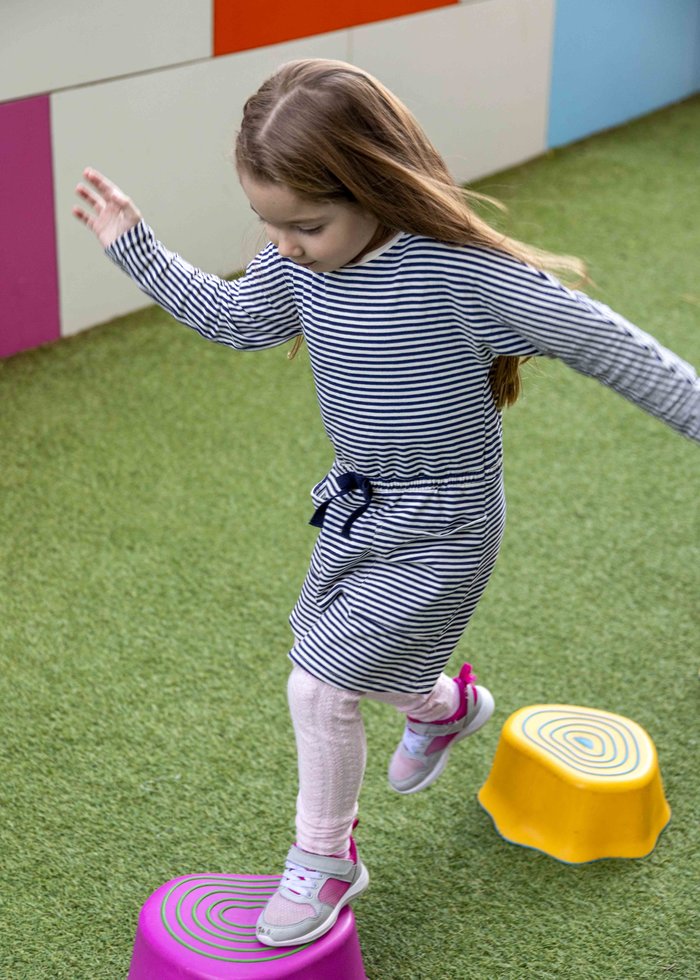
Go Language
Language not only refers to the spoken word but it also incorporates gesturing, facial expressions and verbal sounds. This is why language development for infants begins from when your baby is born. Infants are aware of sounds in the environment. They listen intently to other's speaking and begin to cry if they hear an unexpected noise. This is all part of your infant's language development.
From 4 to 8 months
During this period, older infants pass from “cooing” to beginning to “babble”. Infants become more active in conversations and will give the impression of wanting to join in the discussion. They will also show interest in their surroundings, look at toys and observe others
From 8 to 12 months
There are two ways infants use language. First, they will listen to sounds that they hear and interpret them in their own way. This is known as receptive language. Secondly, infants will use their expressive skills, which enable them to make sounds of their own, so they can communicate with you. Most commonly an infant’s receptive language will be more advanced than expressive language.
Toddlers 2-3 Year Old’s
Toddlers use language in more sophisticated ways during this phase of their life. This occurs as a toddler has a better grasp of the rules of the language, through increased vocabulary and learning new skills. They are becoming increasingly familiar with the concept of conversation and through play and social interactions it strengthens and improves their verbal skills.
Pre-schoolers 4-5 Year Old’s
Pre-schoolers enjoy talking and are happy to tell their ideas or what they're thinking. They combine words with gestures and facial expressions to make their stories more believable and interesting. Words begin to flow easily and with little effort. During this age, pre-schoolers will have an endless amount of questions and seeks more detailed information about events or topics that interest them.

Go Discovery
Children engage in open ended exploration with increasing independence, acknowledging their expanding abilities and communicate their understandings of the world with confidence and creativity.
Go Discovery:
- Encourages active engagement
- Promotes motivation
- Develops creativity and problem-solving skills
- Promotes autonomy, responsibility and independence
Go Discovery is the concept of allowing children to learn about the world and how it works through exploration. It is well established that, children learn best by doing, so this type of learning is a natural fit for their development. It encourages motivation, active involvement and creativity whist promoting autonomy and independence.
The Go Discovery learning approach allows children to revisit and build on their own interests each week offering both prescriptive and free-play activities. Some children appreciate the chance to entirely direct their own learning, while others enjoy following more structured learning opportunities.
Go Discovery provides an opportunity for children to learn, explore and develop through practical hands on experiences including carpentry, box and block construction, painting, water play, sand play, cooking, imaginative play, physical play, manipulative and loose parts play, science experiments, nature play, craft activities and more.
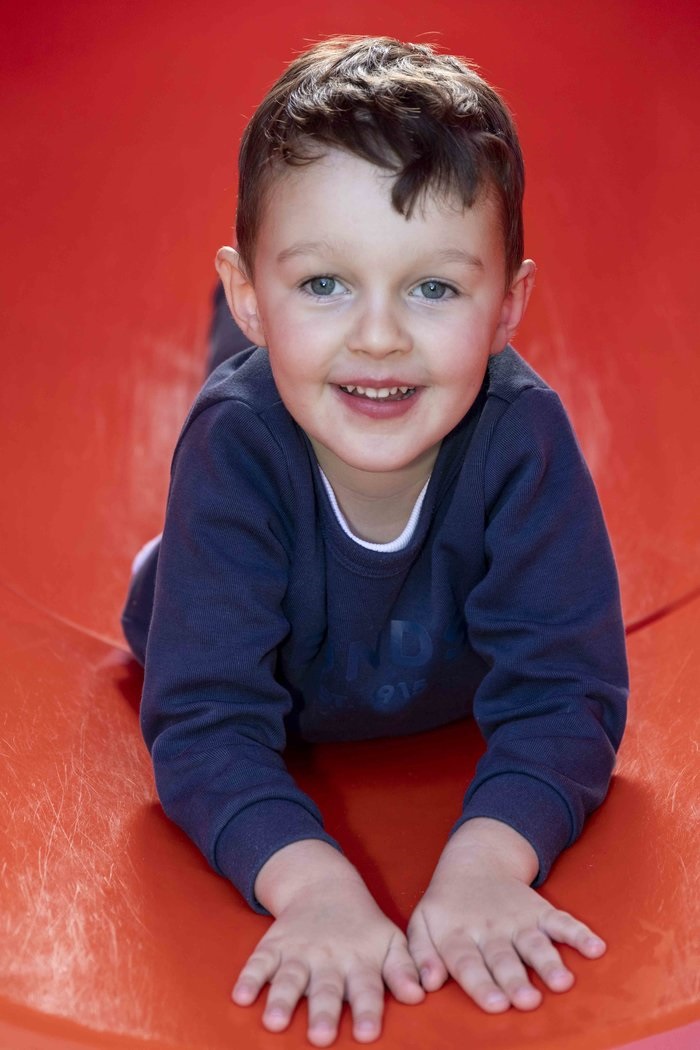
Go Music & Movement
Children naturally love music! Therefore Go Kindy Early Education Centres offer the Go Music and Movement program as a core element of our curriculum.
Go Kindy acknowledges music and movement as a vehicle in which children can actively engage with their peers, educators and the environment. This engagement is an essential ingredient of a quality early childhood curriculum.
Go Music and Movement supports the basic educational principles contained in the Early Years Learning Framework (EYLF).
Go Music and Movement fosters:
- Shared singing experiences supporting the development of secure and trusting relationships
- Exposure to sounds and patterns in stories and rhythms enhancing receptive and extensive communications skills
- Participation in music and storytelling experiences, encouraging children to use their imagination and assist with the understanding of concepts such as rhythm, rhyme, repetition, beat, tempo and pitch.
- Exposure to various songs and dances from cultures around the world promoting diversity and equity.
Music and movement ignites all areas of child development and skills for school readiness including:
- Small and large motor skills
- Expression of emotions
- Balance and coordination
- Language and literacy skills
- Social engagement
- Creativeness
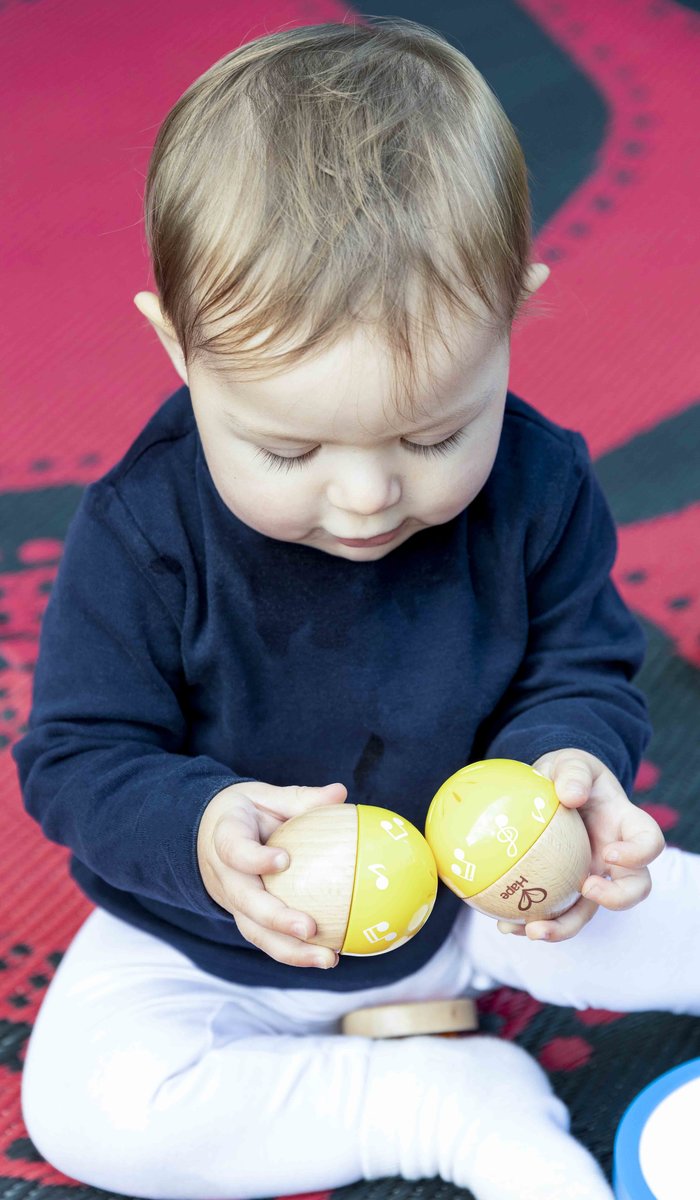
Go Life Skills
Go Kindy will promote the growth of wisdom and knowledge through our Go Kindy Life Skills Curriculum. Go Life Skills honours the essential qualities of empathy, respect, perseverance, resilience and a passion for learning. It also promotes and reflects the learning outcomes defined in Early Years Learning Framework (EYLF)
The Go Life Skills Curriculum:
- Promotes and supports respectful and life-enhancing relationships
- Acknowledges each child as a unique, capable and resourceful learner
- Celebrating diversity and recognising inclusion as a right for all children
Go Life Skills is a unique curriculum because it identifies each child as an individual with their own interests, needs, abilities and skills.
Go Life Skills offers an individual framework for each child whist enrolled in a Go Kindy Service, incorporating the following methods:
- Learning stories and observations linked to individual goals and learning outcomes.
- Individual learning journeys
- Developmental summative assessment
- Parent Communication
- Parent focused feedback
- Individual and group learning program
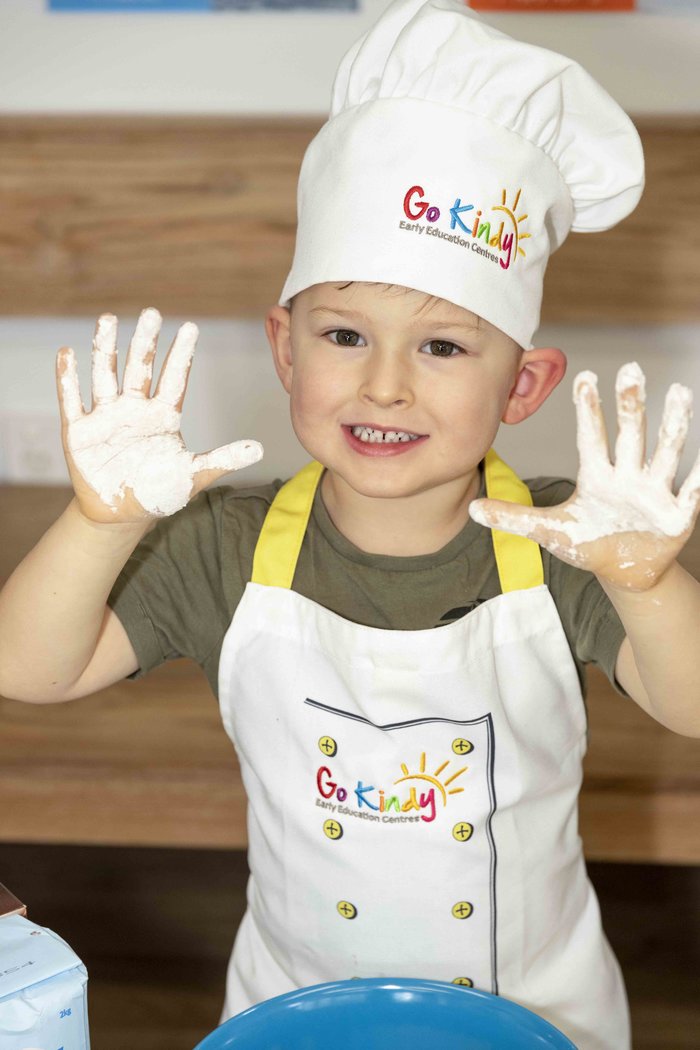
Go Environment
Go Kindy Strives to ensure children understand the environment around them. Including natural elements into a program is vital to a child's education.
Go Environment supports the concept of the environment as the “third teacher” in the facilitation of children’s learning.
Go Environment also promotes respect and responsibility for our natural environment, endeavouring to include children in sustainable experiences and practices. Whilst providing children with the opportunity to develop skills such as compassion, caring and nurturing for the physical environment and the natural inhabitants.
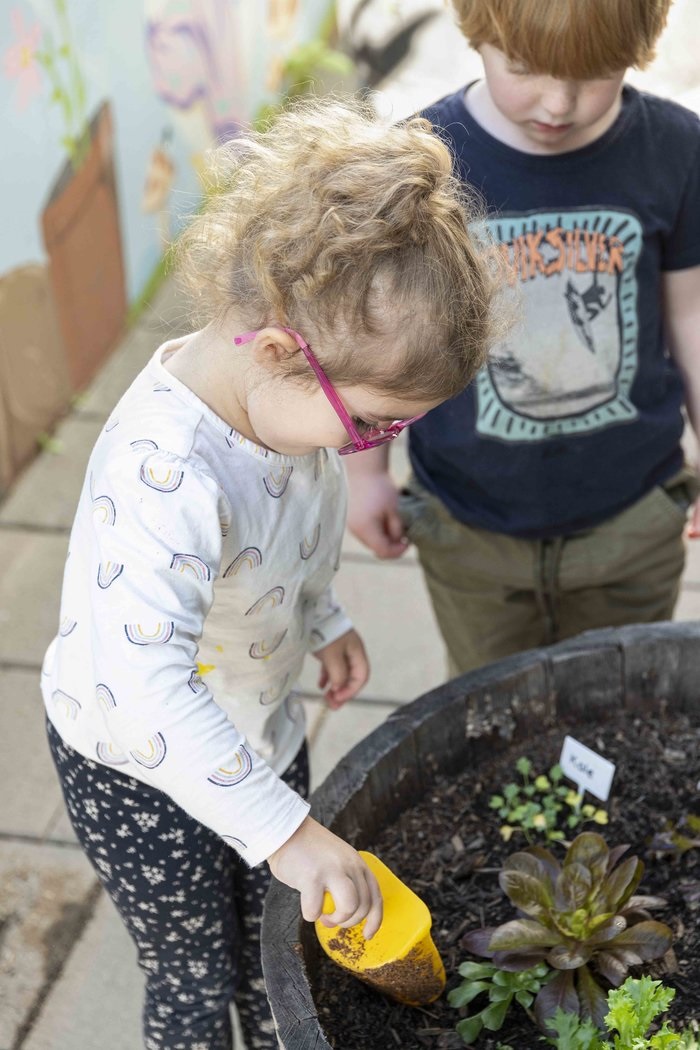
Go Literacy
Go Literacy is a program specifically designed to develop a strong foundation for literacy skills, teaching children about expression, vocabulary, sound, reading, writing and speaking.
Research indicates that a child's language is highly influenced by the language they are exposed too. Go Literacy aims to immerse children in an environment full of books and continual opportunities to allow them to become successful learners, effective contributors and confident individuals.
Go Literacy aims to develop:
- Interactive Language: Using language to explore, negotiate, and express ideas, opinions, and feelings.
- Story-Making Skills: Creating narratives to help structure and explain daily activities.
- Active Listening to Read Aloud: Listening and responding to books read aloud.
- Text Awareness: When engaging in independent reading, pointing to the words and pretending to read them.
- Book Handling: Holding books correctly and treating them with respect.
- Listening Comprehension: Finishing sentences in a predictable book.
- Hand Writing Skills: Developing correct hand grips
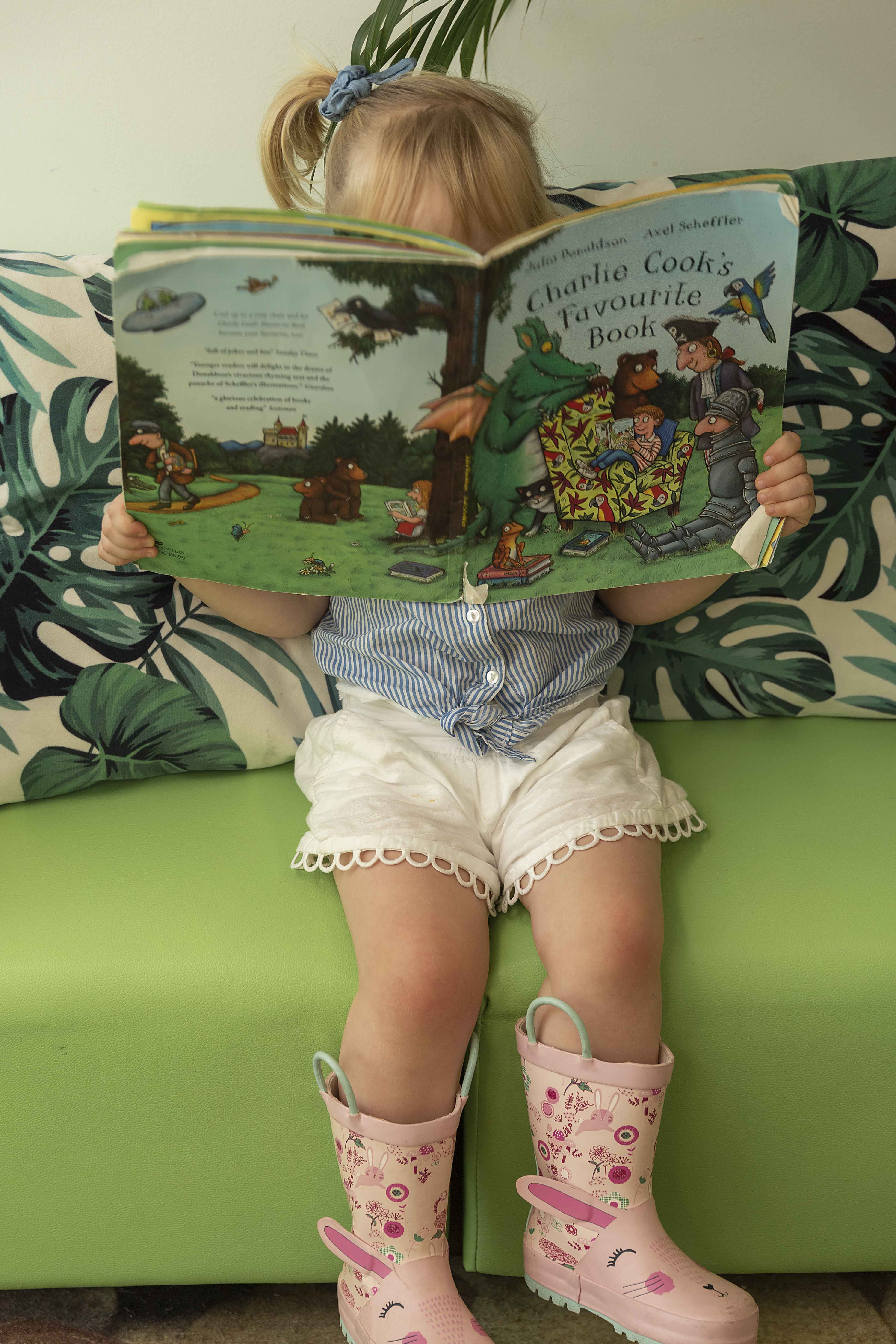
Go School Link
Our Go School Link program has been designed in consultation with local schools, kindergartens and in conjunction with our families to promote life-long learners. This program also provides opportunities for children to develop to their full potential whilst having fun at the same time!
Go Kindy believes, School Readiness doesn’t just start in the Preschool Room, it commences from the moment your child beings their Go Kindy journey, regardless of their age.
School readiness is not all about academics. Go Kindy recognises that children learn best through play-based learning experiences, focused on the development of social and emotional wellbeing, which is needed to be an active and positive learner.
Every Childs program is designed to allow Go Kindy Educators to guide and lead children through to the next step in their individual learning and development. Educators strive to maximise the development of confidence and independence skills that your child will need prior to starting school, helping to build a solid foundation for later learning.
Go School Link provides children with opportunities to develop skills to:
- Learn to write their own name
- Identify shapes/ colours
- Develop concentration span
- Counting Skills
- Learn the Alphabet
- Pre – writing / reading skills
- Observing rules
- Responsible for own belongings
- Taking pride in achievements
- Placing shoes on and tying laces
- Communication skills (expressive and receptive)
- Exploring Maths and Science concepts
- Exploring Literacy and Languages concepts
